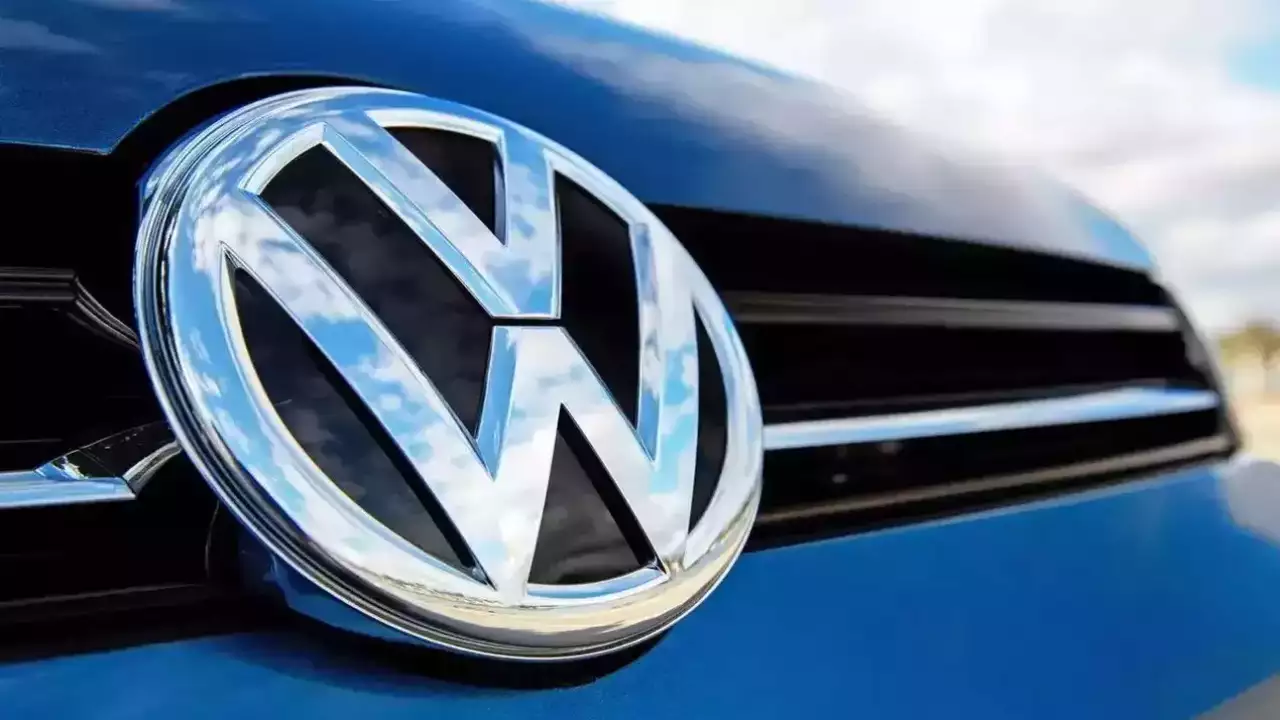
This week, he cut that already-tight timetable by a year, sending shockwaves through the global auto sector by threatening to shut plants in the company's home market for the first time.
While many of Volkswagen's challenges - from a weakening Chinese market to a slower than expected switch to electric vehicles, have plagued it for a while, two recent developments have made things worse for the German group, according to interviews with seven company sources, investors and analysts.
First, concerns have grown that Asian rivals, including BYD , Chery and Leapmotor, could speed up plans to build production capacity in Europe if Brussels goes ahead with planned hefty import tariffs on China-made EVs.
Second, Volkswagen recently cut prices for VW brand cars to counter tougher competition, a move that according to works council boss Daniela Cavallo has cost the company hundreds of millions of euros in profits.
Not only were the discounts steeper than originally anticipated, but they convinced management that the high cost base in Germany is jeopardising Volkswagen's ability to compete with more agile rivals, a company source said, without giving details of the price cuts.
The source declined to be identified due to the sensitivity of the matter. Volkswagen declined to comment.
"This is one of the largest car producers in the world which is not producing large returns out of all that scale," Cole Smead, CEO of Volkswagen shareholder Smead Capital Management, said. "Do I think they can sustain that level of production in a country that demands so little? It's impossible."
Coming on top of restructuring expenses, the discounts have undermined the VW brand's efforts to reduce costs by more than 10 billion euros ($11 billion) by 2026.
As a result, the VW passenger car brand saw its profit margin crash to 0.9% in the second quarter from an already meagre 4% in the first.
By comparison, margins at Renault and Stellantis , the two other big European volume carmakers, were 8.1% and 10% respectively in the first half of the year.
VW's squeezed margins - at a time when Chinese rivals have increased imports into Europe - have stoked fears of what could happen when they produce locally in future.
After all, carmakers - including the Chinese - are competing for a smaller piece of the pie: Europe's car market is 13%, or two million vehicles, smaller than before the pandemic, CFO Antlitz said.
Citing the numerous challenges, DZ Bank analyst Michael Punzet said he expected Volkswagen to cut its full-year group margin target again when it publishes third-quarter results.
It already slashed the target to 6.5-7.0% in July due to provisions over the possible closure of a Brussels factory of luxury subsidiary Audi.
FIGHT OVER COST
As demand shrinks, selling mass-market cars has become a fight over who makes them at the lowest cost.
"The thinking of finding solutions through growth is gone. Everyone is losing share, and companies need to readjust," Jefferies analyst Philippe Houchois said.
Antlitz said this week that the VW brand - which accounted for more than half of group production last year - had been spending more money than it earned for some time, adding the company would not succeed if that trend continued.
Volkswagen's automotive cash flow, a key gauge of operating health, turned negative in the first half of 2024 to minus 100 million euros, against a positive 2.5 billion in the same period last year.
Fierce competition is not just a problem at home.
Profits from China, Volkswagen's single biggest market, have nearly halved over the past decade to 2.6 billion euros in 2023. Expected to rise to around 3 billion euros by 2030, they will barely recover.
Another big problem is energy and labour costs in Germany, which are among the highest in Europe and have also become a major headache for the country's chemicals and steel sectors.
"New cheaper competition, higher energy prices, and high labour costs all align for a very difficult outlook especially for European mass brands," Citi analysts said this week.
Disclaimer: The copyright of this article belongs to the original author. Reposting this article is solely for the purpose of information dissemination and does not constitute any investment advice. If there is any infringement, please contact us immediately. We will make corrections or deletions as necessary. Thank you.





